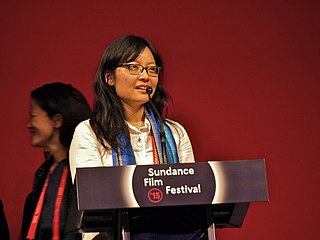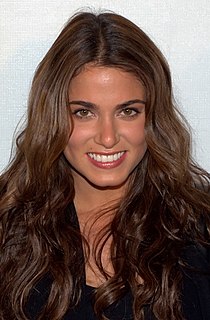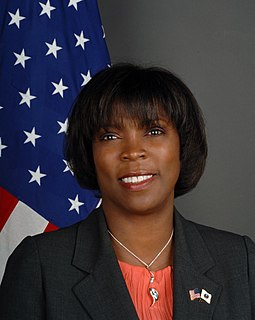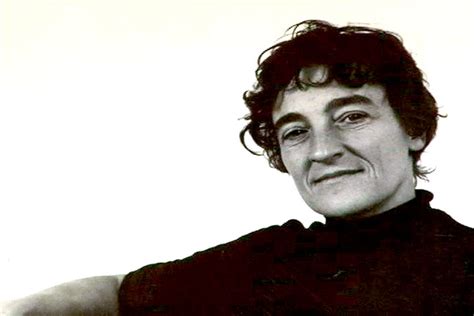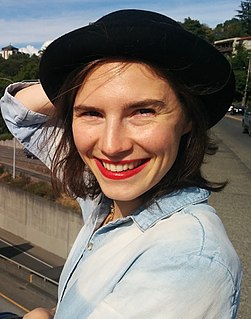A Quote by Ava DuVernay
When we say there's a dearth of women directors, it's not that there's a lack of women who direct: it's a lack of opportunities and access for women to direct and be supported in that.
Related Quotes
Female directors really do need to support each other. Too many times I've been led to believe that my direct competition was other women, as if there can be only a handful of successful female filmmakers a year. That conversation, that perception, needs to change. Women are the people who have helped me make films I love, and I want to be that kind of strength to other women.
When I stepped into the Lifetime role in 2010, I did a listening tour of what was going on for women in this country. There was such a parallel in Hollywood with women talking about how there are stories that are not getting made and that talented young women are not getting the opportunity to direct and write.
The majority of small-holder farmers in Africa are women and, in urban areas, you're primarily looking at women-led households. So we can't solve hunger if we don't have gender-sensitive programming that addresses access to opportunities for women, whether it's through education or tools for cooking, like solar-powered stoves.
I must admit to a personal lack of sympathy with women who have themselves photographed in black stockings, garter belts and boots, with bare breasts, bananas, and coy, come-hither glances.... A woman using her own face and body has a right to do what she will with them, but it is a subtle abyss that separates men's use of women for sexual titillation from women's use of women to expose that insult.
The dream for many millennial women is to make a difference as social or political entrepreneurs. They are using the social media and marketing tools they have mastered to empower less fortunate women and direct them onto career tracks that women have traditionally avoided, like science and technology.
We're still at a point where women [directors] aren't allowed to be mad visionaries. We have to prove beyond a shadow of a doubt that we're responsible, that we can handle it, that we've got all our ducks in a row . . . most women who direct always come in on budget, always come in on schedule, and if they were wild and irresponsible it would not be put down to brilliance, but to a general flakiness.
Privilege is not in and of itself bad; what matters is what we do with privilege. I want to live in a world where all women have access to education, and all women can earn PhD’s, if they so desire. Privilege does not have to be negative, but we have to share our resources and take direction about how to use our privilege in ways that empower those who lack it.




